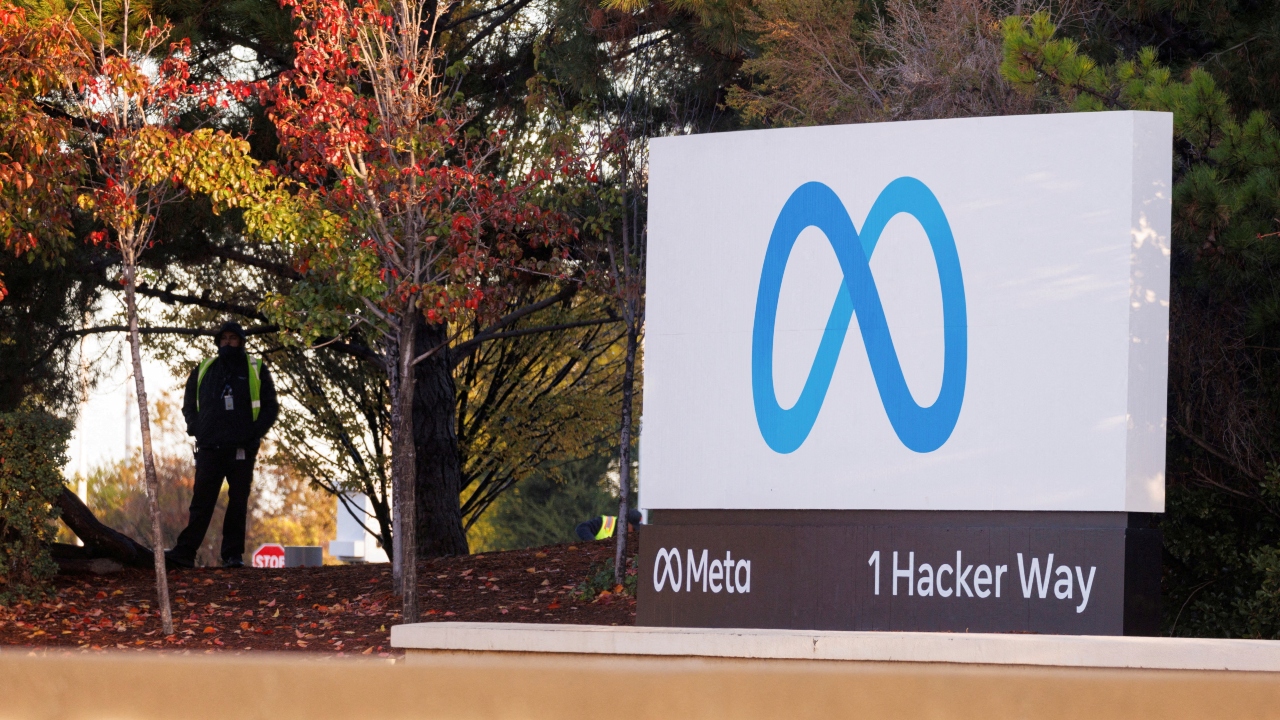
Meta’s “year of accomplishment” may be off to a sluggish start.
A trusted source reported on Saturday, citing two employees with knowledge of the matter, that the tech behemoth, which laid off 11,000 staff in November and dubbed 2023 the “year of efficiency,” is preparing for another round of layoffs that may hinder the productivity of some teams.
In recent weeks, budgets and future headcounts, which are typically finalised by the end of the year, have lacked certainty. According to a reliable source, it now takes up to a month instead of days to gain clearance for new ideas and solutions.
Some employees have been placed on “zero work” because their managers cannot organise their calendars.
One employee stated, “It’s still a nightmare.” They also stated that the “year of efficiency” begins with a large number of individuals being paid to do nothing.
Late Responses
Even if the comment request was after business hours, Meta did not respond immediately. People who had worked at Meta have had to make significant life adjustments since losing their jobs.
Mark Zuckerberg, the chief executive officer of Meta, claims that he miscalculated the rate of growth of online shopping and thus had to lay off employees.
By 2023, layoffs are anticipated to affect approximately 101 000 individuals at 340 large technological organisations.
Laying Off Employees?
The financial figures for Meta’s fourth quarter, which were released on February 1, hinted at impending layoffs. Before the earnings call, Insider’s Kali Hays reported that frightened Meta employees were already planning for additional layoffs.
A trusted source reported on Wednesday that Meta has informed certain managers and directors of their responsibilities, or they may be terminated in the name of efficiency.
On a conference call with investors and analysts on 1 February, Zuckerberg stated: “We are working to streamline our organisational structure and eliminate some layers of middle management in order to make decisions more swiftly. Additionally, we employ AI to aid our engineers in their work.”
Those whose jobs were abruptly eliminated have had their lives upended, and some of them have flocked to social media to discuss it.
In their November study, surveys discovered that many laid-off employees felt appreciative for their time with the company, hopeful for the future, and fearful of the uncertainty.
Meta’s efforts to reduce expenses appear to be successful, despite causing harm to individuals. The company’s fourth-quarter revenue of $32.2 billion exceeded expectations. This year, according to the Index, Zuckerberg’s net worth has increased by about $19.1 billion. This is because investor confidence has increased, resulting in a 45% increase in Meta’s share price.
What Is the Most Recent Financial Data For Meta?
The owner of WhatsApp and Instagram has increased its estimated cost for 2023 by $5 billion. The revenue was $32,17 billion, which was 4% less than the same period last year but higher than the average forecast of $31.55 billion.
It was only reasonable for the Big Tech company’s fourth-quarter profits to decrease by 55%, given the $4.2 billion in restructuring costs. In 2021, Meta Platforms’ net income decreased from $10 billion in 2020 to $4.65 billion.
The market would normally panic, but Meta has a few surprises up her sleeve. When two billion people were using Facebook daily, the number of those using it once a month also increased.
Even though Meta lost a large number of positions, its overall workforce grew by 20% annually. People claim that there were more than 86,000 employees, but this statistic does not include the 11,000 who have since gone.
On the earnings call, Zuckerberg stated that the results were mixed and that 2022 would be a challenging year. Meta must know how many people visit the site daily, how much money it produces from advertisements, and how much money it earns every three months.

More Layoffs In Future?
The management theme for 2023 is “Year of Efficiency,” and in the earnings report, Zuckerberg stated, “We are concentrating on building a stronger and more agile organisation.”
According to the financial report, Meta was also informed that “when we continue forward with our efficiency measures, it could result in extra reorganisation expenses.”
During the results call, he was candid about how difficult it was to decide to decrease the staff even further. Mark Zuckerberg, the chief executive officer of Facebook, has stated that his next focus would be on middle management. He emphasised that the emphasis on efficiency is only getting started and will continue.
Should a decision be made? If we worked for Meta, we would be updating our applications right now. From a different perspective, Zuck is still attempting to avoid more prominent positions at Meta.
Layoffs in the Last Year
Last November, Meta laid off 13% of its global workforce or 11,000 people. This was the largest single round of layoffs in the history of the United States. Zuckerberg stated at the time that firing employees was the “last resort.”
On a conference call with investors and partners, Zuckerberg stated, “We established our strategy for [2022] based on how we believed the business would expand, and obviously, it hasn’t gone as we had hoped.”
The hardest-hit roles were those associated with Facebook, WhatsApp, and Instagram, while those associated with the Metaverse were unaffected. Additionally, Meta stated that no hires would be made until the first quarter of 2023.
A journalist reported that $975 million was allocated to “Severance and Other Personnel” on Meta’s balance sheet, or about $88,000 per terminated employee. The corporation has lost money due to the layoffs.
Is Meta Reducing Expenses?
During the earnings call, the remaining employees discussed the future of Meta. The corporation has reportedly initiated a complete reorganization. The document states that the consolidation of existing office space will cost $1 billion to implement.
People were astonished to find that Meta planned to alter its data centre strategy as well. In order to construct smaller, more scalable centres, it intends to halt certain ongoing operations.
The CFOCFO of Meta is 0. Susan Li stated, “The fact that this new data centre design is more flexible suggests that we may be able to improve our data centre construction methods.”
It seems conceivable that Meta will utilise AI even more in the future. As part of the company’s ambition to make the duties of middle managers easier, engineers will be assisted by AI.
Given that “progress we’re making on our AI discovery engine” is one of Zuckerberg’s primary motivations for day-to-day operations, it’s not a surprise that AI is being used to improve corporate operations.

After-Effects
People believed that 2023’s reorganisation, simplicity, and enhanced efficiency would lead to positive outcomes for the stock market. During the extended trading hours, the price of Meta’s shares increased by 20%, one of the largest price increases in a decade.
Because Meta and Zuckerberg have been so preoccupied with the Metaverse, investors are concerned about the company’s future. This is a significant victory for the corporation, as investors have been concerned about its future. Instead of emphasising a prosperous future, Zuck communicates successfully with investors by addressing their concerns in the present.
It also indicated that the negative news that had been driving down Meta’s stock price was no longer present. In 2022, the stock’s value plummeted by an astounding 60 percent due to limited advertising revenue and a great deal of economic instability.
This rise shows that investors are looking for safe investments right now, and it could make other big IT companies do the same.
According to Zuckerberg, the idea is to limit the number of Meta jobs. The number and timing of these new tasks are the subjects of our current best predictions.
Conclusion
Therefore, it is crucial that a large technology company can move so swiftly. These types of price modifications may occur in the future, but possibly not as frequently. There is too much money in the industry for it to remain unchanged for an extended period of time, and new enterprises are likely to enter to compete with the incumbents.
Edited by Prakriti Arora





